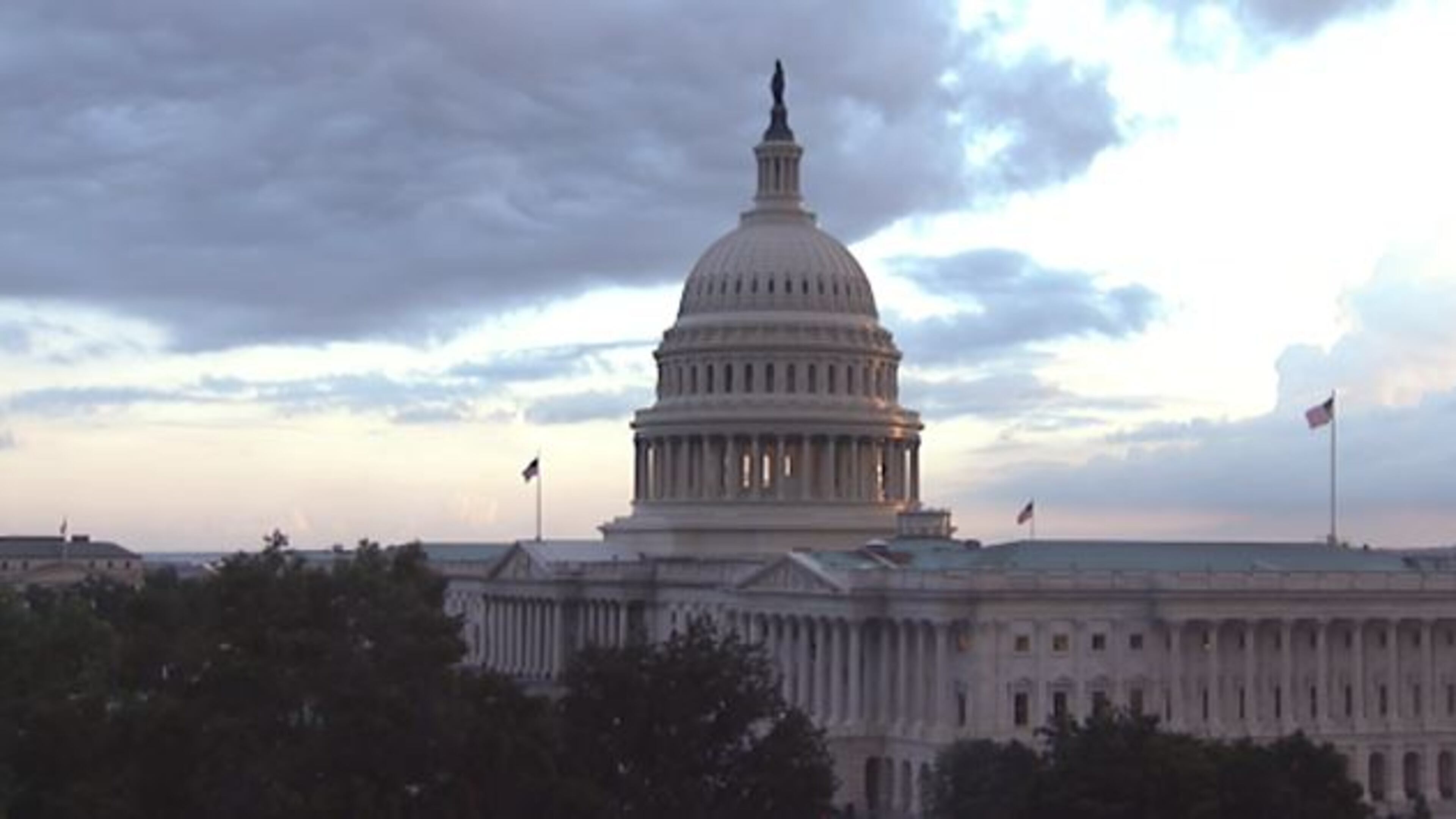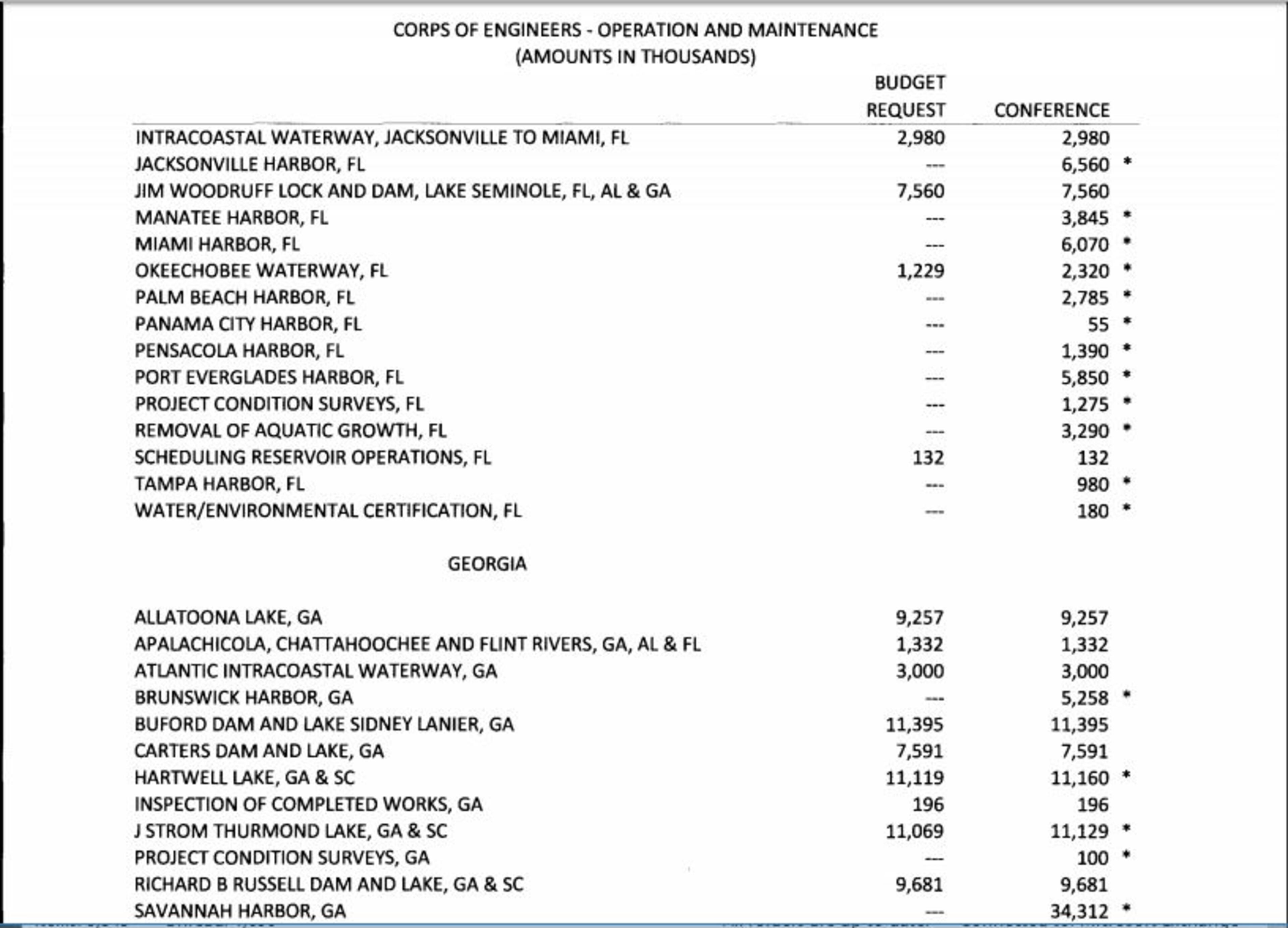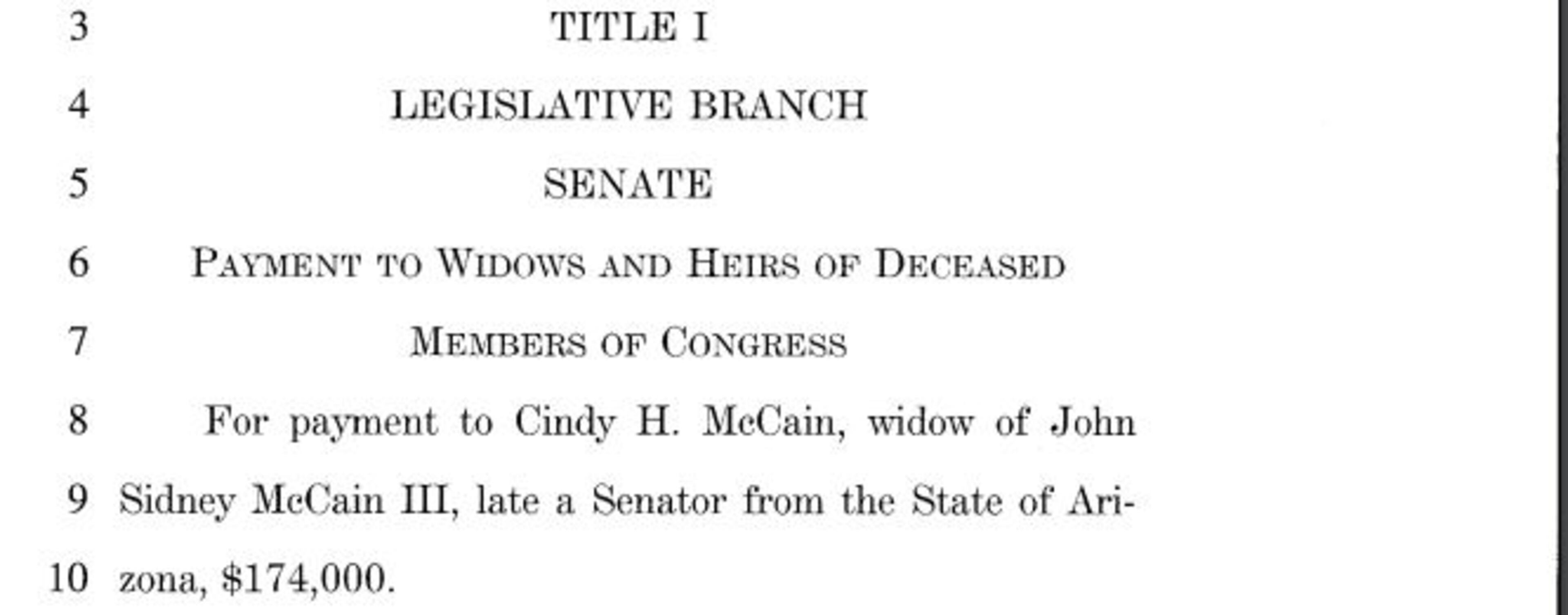As trio of spending bills advance, Congress still faces shutdown threat

With funding for the federal government running out at the end of September, the Senate on Wednesday evening approved a three bill package of spending measures for 2019, as key lawmakers acknowledged that the Congress would again fail to approve all twelve funding bills by an October 1 deadline, which will force action later this month on a temporary funding measure to avert a government shutdown.
"We have a long way to go but we're getting there," said Sen. Richard Shelby (R-AL), the chairman of the Senate Appropriations Committee, as Senators in both parties voiced their support for extra work done in August, as the Senate approved nine of 12 funding bills for next year.
The three bills which were finalized and grouped together - in what's known as a 'minibus' bill - cover funding for Congress and the Legislative Branch, Energy and Water programs, and money for both the Veterans Administration and military construction projects. The vote was 92-5 in favor of the plan.
The House is expected to approve the 'minibus' plan as soon as Thursday, but that leaves action still unfinished on nine other bills which fund the various operations of the federal government.
In the last 44 years, Congress has finished its spending work on time - by October 1 - only in 1996, 1994, 1988, and 1976.
Here is a basic breakdown of the first 'minibus':
+ The Energy and Water project portion is $44.6 billion - $1.4 billion above what was approved for 2018, and $8.1 billion above the President's budget request.
+ Funding for the VA and military construction projects totals $98.1 billion - that's $5.3 billion above what was approved for 2018. Unlike most other agencies, the VA is funded early - as $76 billion in this bill is for fiscal year 2020 - that insures even if there is a lapse in funding, and a government shutdown, that over 95 percent of VA workers will still be on the job, and getting paid.
+ Spending on Congress and the operations of the Legislative Branch is $4.83 billion, up $136 million from last year.
The text of the bill is available here, with more specifics in in this other document.
It's in that second document where you get into the details that lawmakers will be able to trumpet back home, from the Energy and Water section of the bill - which directs money for specific water projects in their home states and districts under the auspices of the Army Corps of Engineers.
This is just a partial list for example, for Florida and Georgia:

While the agreement says this bill "does not contain any congressional earmarks" - some Congressional watchdogs might beg to differ, as the bill directly names water projects in every state.
"This is the most popular item in the budget," said Sen. Lamar Alexander (R-TN).
The Army Corps would receive $7 billion under this plan - up $172 million from 2018 - "which will provide a much needed influx of funds into the nation’s water resources infrastructure," Congressional leaders said in a statement.
As one can see from the above graphic - there were a number of projects funded for the Army Corps which were not in the original budget request of President Trump - as money was included for harbors in Jacksonville, Miami, Palm Beach, Pensacola, Tampa and others in Florida, plus Brunswick and Savannah in Georgia.
There are a series of other items in this 'minibus' which deserve note as well.
+ The bill approves a $174,000 payment to the widow of Sen. John McCain (R-AZ). This is normal procedure by the Congress to provide a year of salary to the spouse of a deceased lawmaker.

+ The bill again instructs Capitol Police to allow people to sled on the grounds of the Capitol during the winter, when it snows - that is currently prohibited under one section of federal law, in order to "protect public property, turf, and grass of the Capitol Grounds from injury."
+ The bill directs the Government Accountability Office to study the possibility of raising the mandatory retirement age for Capitol Police officers from 57 to 60 years of age.
+ The bill also would finally bring the Senate into the internet age, by requiring candidates for U.S. Senate to file their campaign donation reports electronically.
+ The military construction part of the bill specifically prohibits the use of money to 'close or realign Naval Station Guantanamo Bay," the U.S. military facility at the southeastern tip of Cuba.
+ $33 million is included for an expansion of Arlington National Cemetery, which is running out of room for burials at the site, just across the Potomac River from Washington, D.C. The final cost could be more than ten times that figure, adding 37 acres of land.
Negotiations are also continuing on a separate two-bill package, which would include funding for the Pentagon, as well as the the Departments of Labor, and Health and Human Services.
While the September 30 shutdown deadline might seem a ways off - the House is not scheduled to be in session next week, leaving only a few days at the end of the month for action on those bills - and a temporary spending resolution.
President Donald Trump has made noise about forcing a shutdown, in order to get more money for his border wall, but GOP leaders are hoping to avoid that, worried it would boomerang against Republicans in the November elections.
